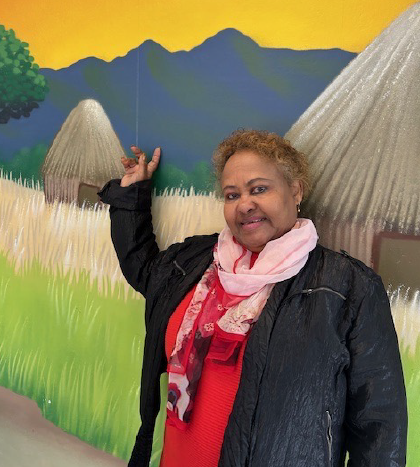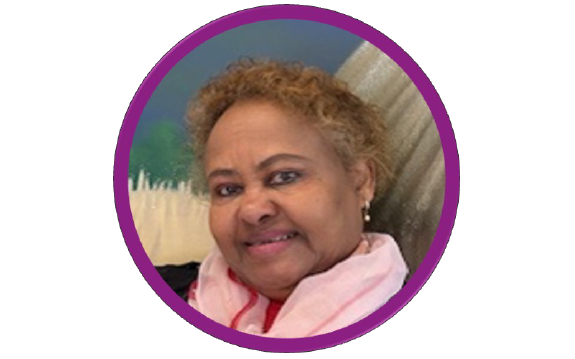A Legacy of Collaboration
Etetu Tamirate-Bowden’s Reflection as an Interpreter
Etetu Tamirate-Bowden is an experienced interpreter whose work extends beyond the health sector. As an Amharic (Ethiopian) interpreter, she has supported numerous Ethiopians who have chosen to settle in Aotearoa over the past 30 years.
She shares how her decision to leave her previous career and become an interpreter led her to cross paths with the late Sue Lim. This pivotal encounter eventually drew her into the programme, where she became involved in various roles and on multiple occasions.
Etetu Tamirate-Bowden came to New Zealand on a scholarship from Ethiopia as a 19-year-old university student in 1989. After being approached to interpret for quota refugees arriving at Mangere Refugee Resettlement Centre in 1994, Etetu gave up her career as a mechanical engineer and further studies to pursue a full-time career in interpreting. Etetu gained training as an interpreter and is an Affiliate member of the New Zealand Society of Translators and Interpreters (NZSTI). Etetu has over 30 years of experience as an Amharic interpreter.
 Her engagement with eCALD began over twenty years when she was approached to help with a video on working with interpreters. She went on to star in several videos on various eCALD topics. Etetu reminisces fondly of the times she accompanied eCALD founder late Sue Lim to various workshops and talks with medical students, doctors, nurses, and social workers in hospitals on the dynamics of working with interpreters, different cultures, and people of refugee background.
Her engagement with eCALD began over twenty years when she was approached to help with a video on working with interpreters. She went on to star in several videos on various eCALD topics. Etetu reminisces fondly of the times she accompanied eCALD founder late Sue Lim to various workshops and talks with medical students, doctors, nurses, and social workers in hospitals on the dynamics of working with interpreters, different cultures, and people of refugee background.
Etetu states that having specific cultural knowledge is important, but it is also vital that practitioners recognise that there are differences within people from the same country of origin based on their backgrounds and experiences. She has found it difficult to interpret in situations where practitioners were not sensitive to cultural nuances and factors.
Reflecting on the last 20 years, Etetu has seen the positive impact eCALD workshops and training modules have had in enhancing health care for refugee and migrant communities. She believes eCALD has helped practitioners understand how cultural factors play an important role in treatment and medication choices, and overall health outcomes. Etetu feels that health practitioners who have done eCALD training to ‘have learnt to approach patients from different backgrounds in more appropriate ways’ and that they gain more understanding of the importance of briefing and de-briefing with interpreters.
